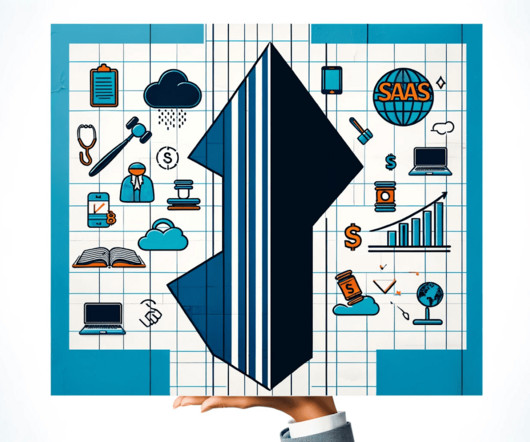ISVs vs SaaS: What’s the Difference?
Stax
APRIL 18, 2024
Independent Software Vendors (ISVs) and Software-as-a-Service Providers (SaaS) operate within the same market, thus creating a push-and-pull revenue dynamic. TL;DR ISVs develop and distribute software products independently and often collaborate with hardware manufacturers and platform providers.
















Let's personalize your content